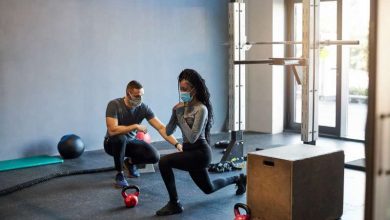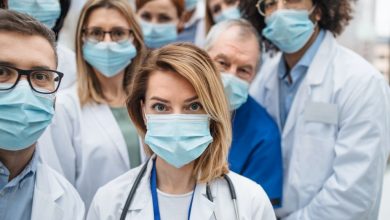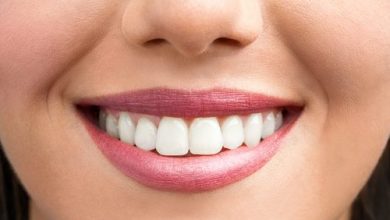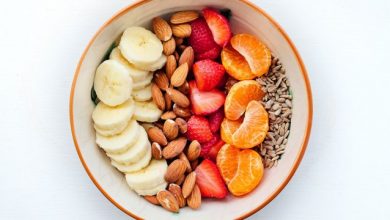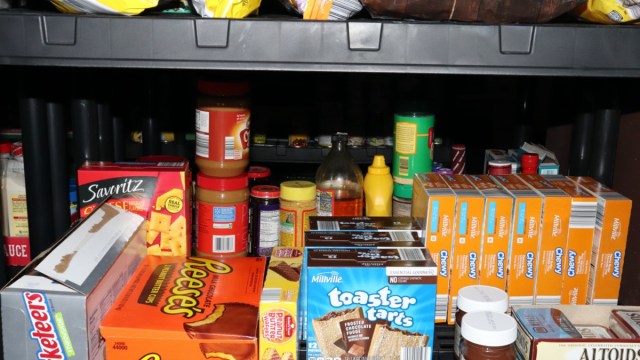
Steer clear from these foods so you can boast a healthy recovery to the best of your ability.
When you’re sick, there’s nothing better than making (or ordering) comfort foods to help soothe your soul and keep your spirits high. However, some of these foods may be making your symptoms worse, or at the least, prolonging them.
According to the CDC, you should be focused on eating foods that are rich in virus-fighting vitamins and minerals such as vitamin C, vitamin D, and zinc—especially when you have COVID-19. Below, you will see the five types of foods that promote inflammation and may potentially interfere with your healing process. And don’t miss The 7 Healthiest Foods to Eat Right Now.
1 Processed packaged foods

If you have coronavirus, the last thing you’ll want to eat is something that’s riddled with sodium, additives, preservatives, and added sugars, as all of these things are known to cause inflammation in the body.
“Processed foods, with their high sugar levels, omega-6 fatty acids, excess sodium, and junky additives, on the other hand, can stoke the fire of inflammation,” Sydney Greene, MS, RD said in an ETNT article. “When inflammation is high, it taxes the immune system leaving us more susceptible to disease and illness.”
Avoid eating junk foods such as salty potato chips and other packaged foods that are sneakily hiding sodium as well as other unhealthy additives that are used to increase shelf life.
2 Red meat

Whether you have COVID-19 or not, red meat should largely be avoided with its high saturated fat content, which can promote inflammation in the body. As you’re combating coronavirus, it’s important that you eat foods that work to reduce inflammation. This means loading up on monounsaturated fats found in plant-based sources such as avocados, olive oil, and fish that’s rich in omega-3 fatty acids such as salmon. Instead of red meat, opt for fish as well as plant-based protein such as lentils and beans.
3 Fried foods

Fried foods—such as fast food—are often greasy and high in fat. If consumed in excess, they could wreak havoc on your immune system, too, as this type of food can negatively impact the gut microbiome and ultimately suppress immune function. Not to mention, fried foods can also increase the bad type of cholesterol, LDL, which is linked to cardiovascular disease.
When foods are fried they become more calorically dense because the outer part of the food loses water and absorbs the fat [or] oil,” Ashley Kitchens, MPH, RD, LDN told ETNT in an article. “The oils in which foods are fried can contain trans fat, which has been shown to raise your LDL.”
Bottom line: It’s best to avoid consuming fried foods as you heal from coronavirus.
4 Sugary drinks

Added sugars are also known to cause inflammation in the body. Angel Planells, MS, RDN, a Seattle-based registered dietitian nutritionist and spokesperson for the Academy of Nutrition & Dietetics details told ETNT that soda and other sugar-sweetened beverages should be avoided while following an anti-inflammatory diet. If you like soda for the carbonation, consider mixing four ounces of unsweetened, pure cranberry juice with four to five ounces of sparkling water for a bubbly fix.
5 Spicy foods

Avoid spicy foods simply because the spices may irritate your throat or cause you to cough further. At the same time, if you’re uncomfortably congested, eating something that packs some heat may help to clear out your sinuses. Depending on your symptoms, it may be best to go for something milder just to play it safe.


